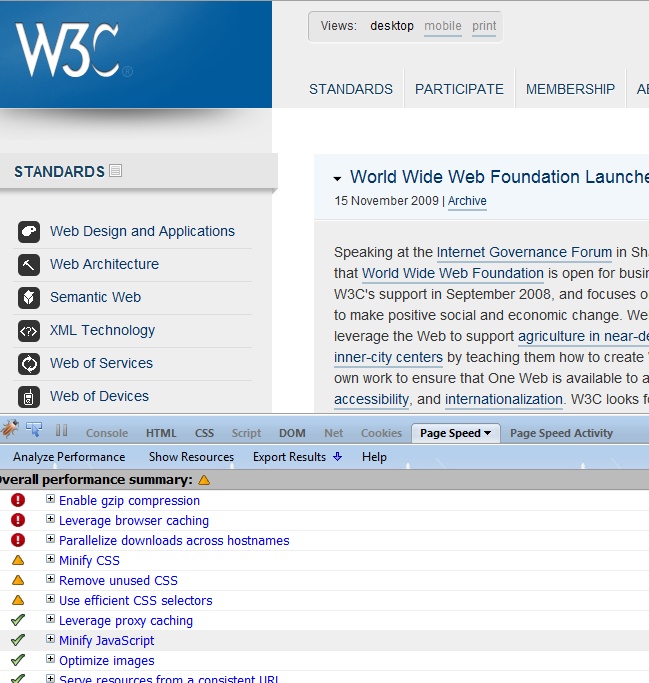I watched another potential lead go by today and decided not to purchase the information because the prospect was in a medium sized market. Their sole criteria was that they wanted to rank in the top 3 spots for a certain local phrase. It’s important that you as a small business don’ t make this mistake: there are no more ways that rankings can be counted. There are lots of SEO specific phrases that tie into this concept. Ignoring them for a minute, here’s what you need to know:
- The Google results you see for a query will likely vary based on the physical location of the Internet connection you’re using.
- The Google results you see for a query will likely vary based on whether you have a Google account and are logged into that account.
- The Google results you see for a query will likely vary based on how other searchers have interacted with a page and query over time.
- The Google results you see for a query will likely vary based on constant testing Google does for thousands of variables.
- And our new favorite, Google Social Search.
Forget about Social Search for a moment. Remember this because it’s critical business advice that predates the Internet by thousands of years. Who cares how many people visit your store, call your 800 number, stop by your cave to see if your wheel is more round than Ogg’s, say your cow’s milk is the best or think you’re a dandy doctor? Referrals and word-of-mouth are great, but the bottom line remains the bottom line.
If people walk in to a retail store, quickly mutter, “Just browsing” as a spell to ward off salespeople and leave without buying anything, you’ve perhaps gained some brand awareness (but it may be poor), and you’ve used sales resources on someone who didn’t buy. That’s what happens when businesses say they want to “rank” for a term. They don’t want to rank for a term. They want to make the most profit possible given the enterprise’s constraints. Having a great location helps retail walk-in traffic for some businesses. Having a great web location helps too, but the days of static placement on search engines are over. Stop asking about them.
We, the person reading this post and I, can sit down side by side, type the same phrase in a search engine’s query box and receive different results. Rank is worthless. Traffic is only slightly better, and the only reason you should care about traffic is as a function of profit. So back to Google’s Social Search, now being beta tested in Google Labs. Right now, this is opt-in so you have to want to see this information, but Social Search will change the results page based upon people identified as part of your social network.
What does that cover? Well, consider that your Facebook friends list is likely wide open. Ditto for your LinkedIn contacts and your Twitter feed. Here’s a killer. Once a search engine can associate your account on that search engine with a Facebook, Twitter or other account, then the true social “graph” is reality. Here’s something else to chew on: if a search engine associates your account with four other networks and finds that of all the people, you’ve “friended” four other people, the knowledge it can glean by micro-targeting will make today’s web advertising look primitive. So please stop asking for “rankings”. You’re a smarter businessperson. Ask for profits. And demand ROI from your online marketing efforts.



